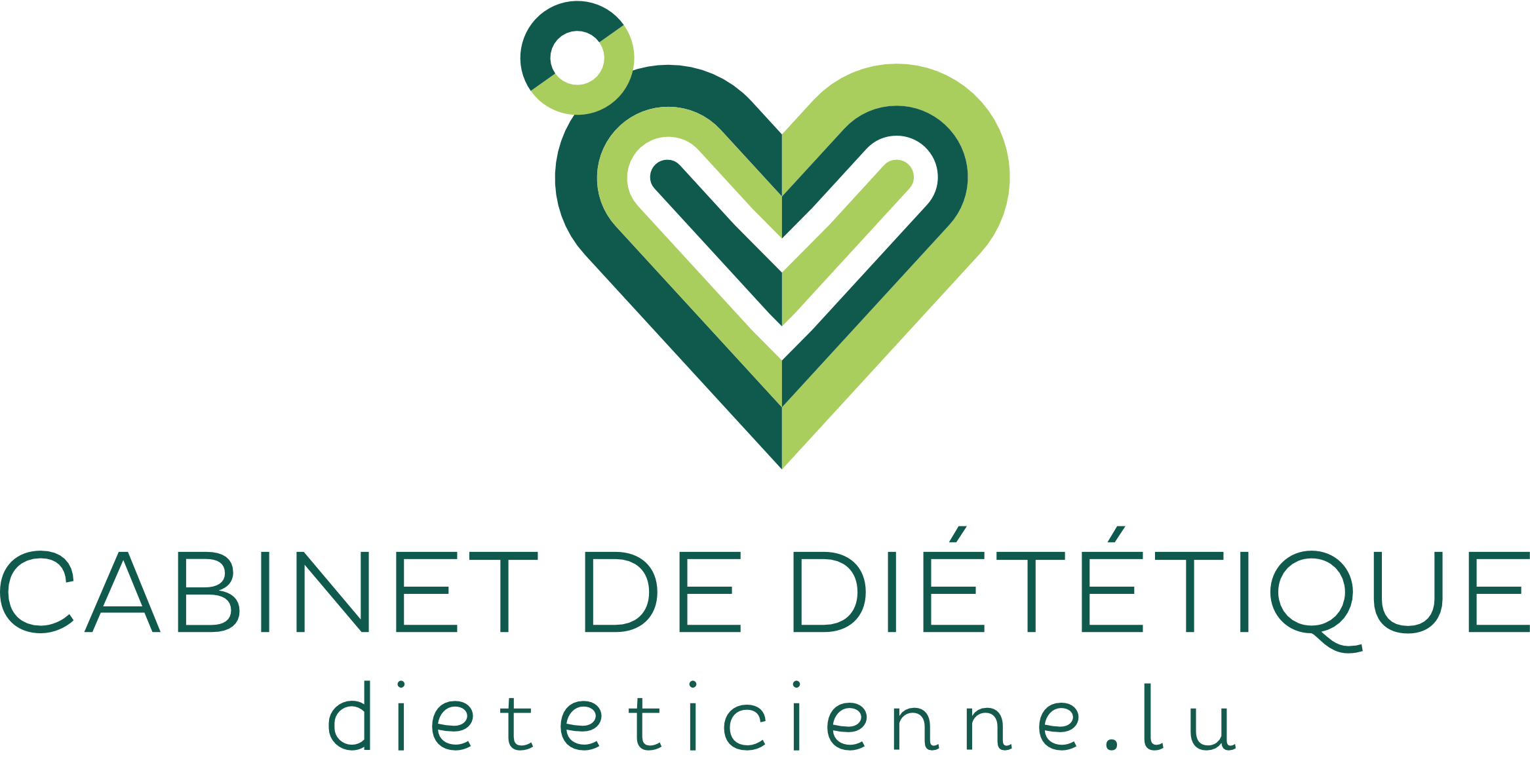
Cancer
Because:
- Healthy eating habits are important during and after cancer treatment
- Cancer and cancer treatments may cause side effects that affect nutrition
- Cancer and cancer treatments may cause malnutrition
- Anorexia and cachexia are common causes of malnutrition in cancer patients.
- Research has shown that including a registered dietitian in a patient's cancer care can help the patient live longer.

A registered dietitian must be considered part of the team of health professionals that help with cancer treatment and recovery. A dietitian will work with patients, their families, and the rest of the medical team to manage the patient’s diet during and after cancer treatment.
Good nutrition is important for good health. A healthy diet includes foods and liquids that have important nutrients (vitamins, minerals, protein, carbohydrates, fat, and water) the body needs.

A healthy diet along with regular exercise will help cancer patients keep a healthy body weight, maintain strength, and decrease side effects both during and after treatment.
Nutrition problems are likely when tumors involve the head, neck, esophagus, stomach, intestines, pancreas, or liver.
Cancer and cancer treatments may affect taste, smell, appetite, and the ability to eat enough food or absorb the nutrients from food. This can cause malnutrition, which is a condition caused by a lack of key nutrients.

Alcohol abuse and obesity may increase the risk of malnutrition.
Malnutrition can cause the patient to be weak, tired, and unable to fight infection or finish cancer treatment. As a result, malnutrition can decrease the patient's quality of life and become life-threatening. Malnutrition may be made worse if the cancer grows or spreads.

Eating the right amount of protein and calories is important for healing, fighting infection, and having enough energy.
Anorexia is the loss of appetite or desire to eat. It is a common symptom in patients with cancer. Anorexia may occur early in the disease or later, if the cancer grows or spreads. Some patients already have anorexia when they are diagnosed with cancer. Most patients who have advanced cancer will have anorexia. Anorexia is the most common cause of malnutrition in cancer patients.

Cachexia is a condition marked by weakness, weight loss, and fat and muscle loss. It is common in patients with tumors that affect eating and digestion. It can occur in cancer patients who are eating well, but are not storing fat and muscle because of tumor growth
Some tumors change the way the body uses certain nutrients. The body's use of protein, carbohydrates, and fat may change when tumors are in the stomach, intestines, or head and neck. A patient may seem to be eating enough, but the body may not be able to absorb all the nutrients from the food.

Cancer patients may have anorexia and cachexia at the same time
A registered dietitian can work with patients and their families to counsel them on ways to improve the patient's nutrition. The registered dietitian gives care based on the patient's nutrition and diet needs. Changes to the diet are made to help decrease symptoms from cancer or cancer treatment. These changes may be in the types and amount of food, how often a patient eats, and how food is eaten (for example, at a certain temperature or taken with a straw).
If you want to know more:
Nutrition in Cancer Care (PDQ®)–Patient Version - NCI

Schedule your appointment here
You can make an appointment via our website by clicking on the button below
Do you have any questions?
Send us a message
If you have any questions, click on the boton below and send us your message
